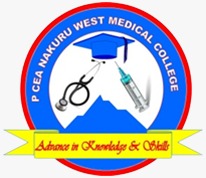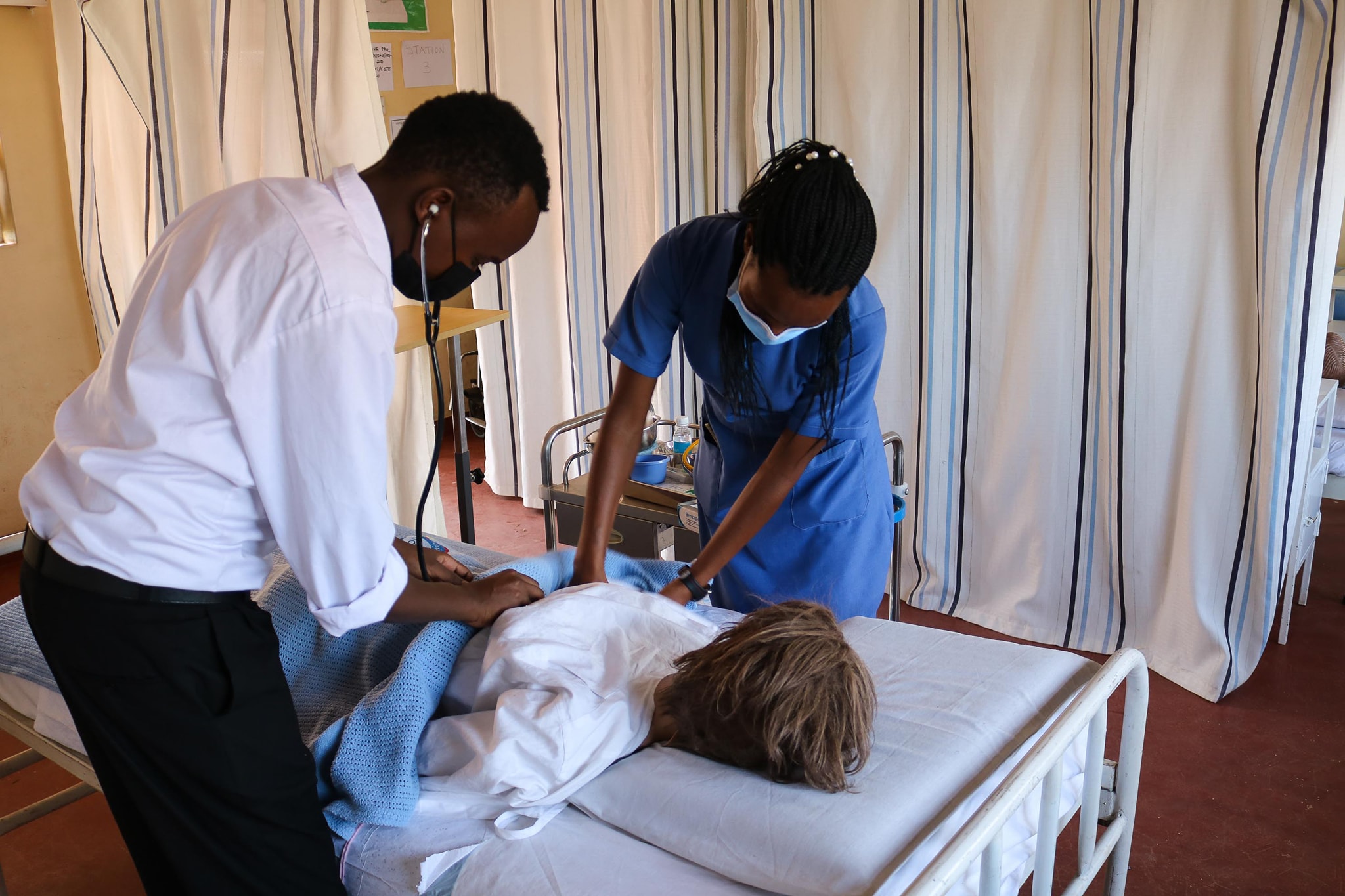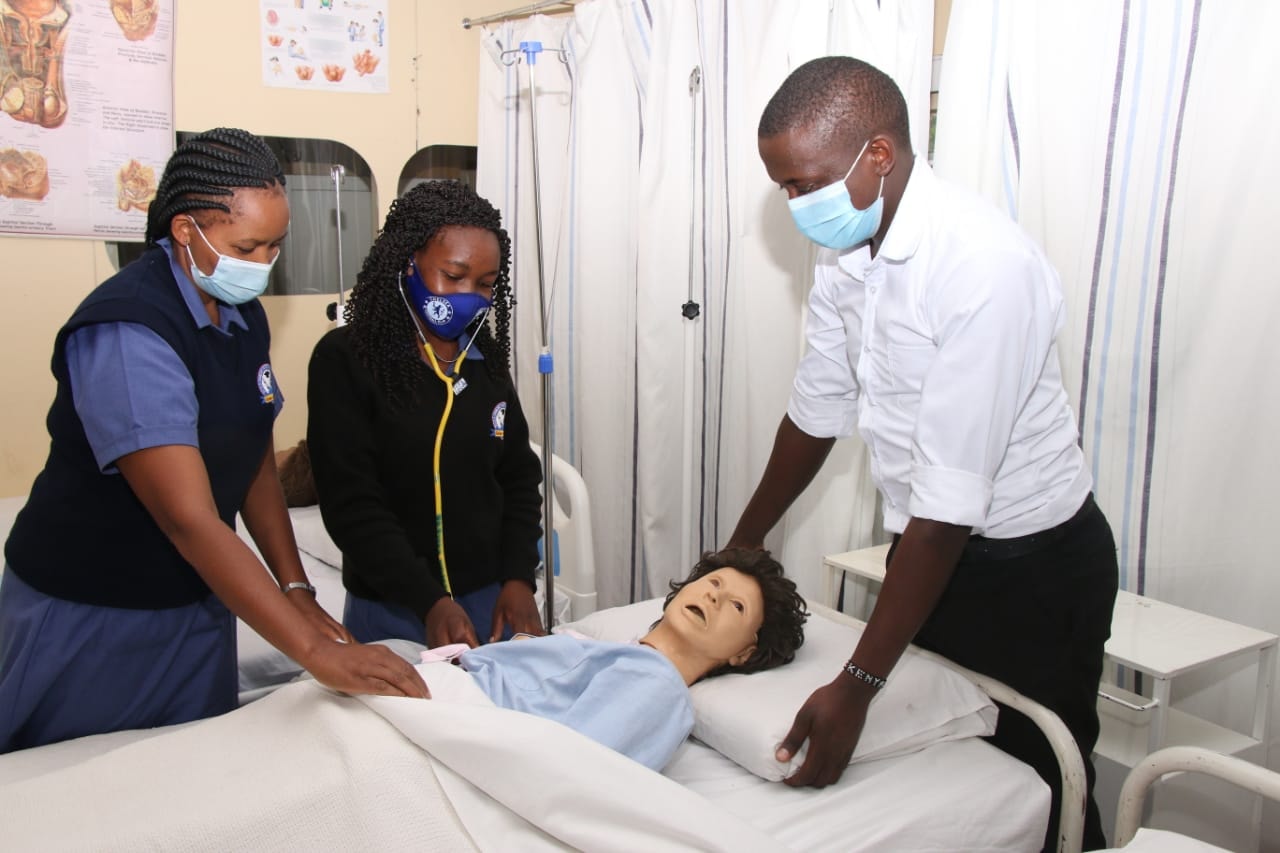Certificate / Diploma in, Health Records & Information Technology
Our course in Health Records and Information Technology is a future-focused program offered at PCEA Nakuru West Medical College. It prepares students to manage, organize, and protect health data in digital healthcare environments. Through a blend of healthcare and IT knowledge, learners become key players in modern medical data systems and records administration.





